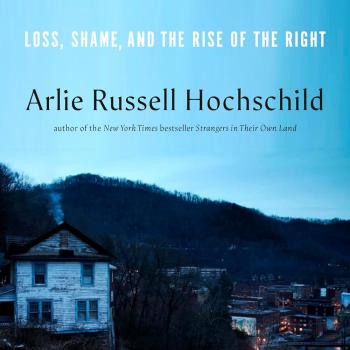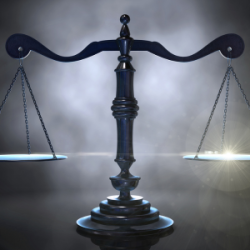John: To be honest, I came into this project with the perception that it would be easy to show that the Founding Fathers were not out to create a Christian nation. But then I read the state constitutions written between 1776 and 1780. Almost all of them had very strong Christian qualifications for office-holders. For example, in the state of Pennsylvania civil rights were afforded to anyone who, among other things, upheld the divine inspiration of the Old and New Testaments. This led me to wonder how we define nationhood in the 1780s—the time between the Declaration of Independence and the Constitution. It is clear that during this period political power was invested in the states (under the Articles of Confederation), and most of these states (Virginia was a big exception to this rule that cannot be ignored) had Christian religious establishments or Christian qualifications for office-holding. Did the founders want to create a Christian nation? It depends where you look and how you define your terms.
Greg: How do the current attempts to use American history in the Christian nation debate (by conservatives and progressives alike) violate the tenets of historical inquiry you discuss early in Was America Founded as a Christian Nation?
John: Most of those engaged in the Christian nation debate are not interested in historical inquiry. Historians do not primarily cherry-pick from the past to find evidence to make a political or ideological point in the present. Such a practice, which Harvard historian Bernard Bailyn has called "indoctrination by historical example," often results in propaganda or a distorted, one-sided view of the past.
Greg: What exactly seems to be at stake in this Christian nation debate? Why is the discourse so heated?
John: It is our natural impulse—or as historian Sam Wineburg has said, our "psychological condition at rest"—to find something useful in the past. The Christian Right has made the history of the American founding a battleground in the culture wars and in the process has blurred the differences between Christianity and nationhood. Today, Christian nationalist "historians" have a powerful voice in the Republican Party. They have managed to convince many legislators that the United States needs to return to some kind of lost golden age in which Christianity was privileged over all other religions. It is bordering on a new form of nativism.
Greg: Given the complexity you mention that always pervades history, which of the founders would you say approximate contemporary understandings of Christianity? And what founders are sometimes called Christian but don't seem to express orthodox beliefs—or perhaps orthodox Christian practices?
John: Most of the major Founding Fathers were not orthodox. John Adams was a Unitarian who rejected the Trinity. Thomas Jefferson rejected the resurrection. Benjamin Franklin did not believe in the deity of Christ. George Washington is a tough one to nail down. He was probably an orthodox Christian, but did not spend much time reflecting on matters pertaining to religion and theology.
But there is a larger issue here. It is illogical to assume that the personal religious beliefs of a founder automatically translate into his understanding on the role of religion in government. Recently Peter Lillback wrote a 1000+ page book defending the idea that George Washington was not a deist. Fair enough. I agree with him that Washington was not a deist. But I am not convinced that Washington's personal faith meant that he wanted to create a Christian nation.
Greg: Often when we write a book we wind up somewhere we didn't expect to be when we conceived it. Were you surprised by any of your conclusions? Did any of the founders shift from your early conceptions of them as you dug more deeply into their lives and beliefs?
John: The more time I spent working on this book, the more I realized that the founders rarely spoke with a unified voice and hardly ever spoke with a unified voice on the relationship between religion and government. Jefferson and Madison clearly advocated what we might today call the "separation of church and state." John Adams was the author of the Massachusetts Constitution of 1780 that included a Congregational establishment of religion. Samuel Adams was an evangelical Christian who came close to rejecting the United States Constitution. In the end, I became more convinced that the past is a "foreign country" and as a result we cannot easily make the founders fit into our contemporary models of understanding church and state.
Greg: I particularly admired the way Was America Founded as a Christian Nation? sifts the facts to discover it can't solve this question to the satisfaction of dogmatists on either side. What responses have you received to the book so far?





